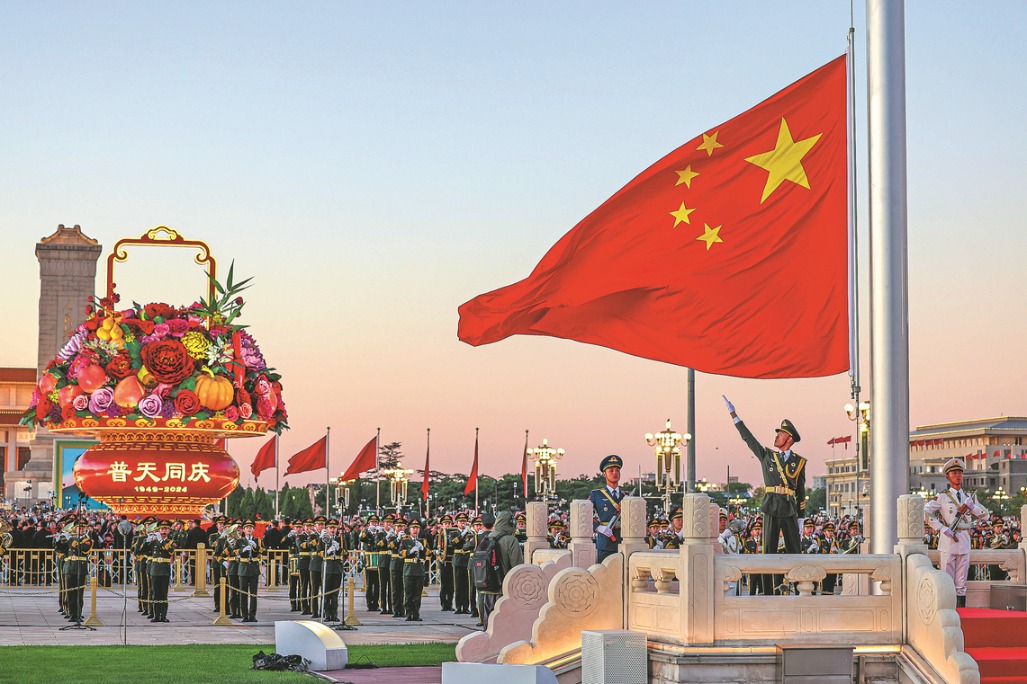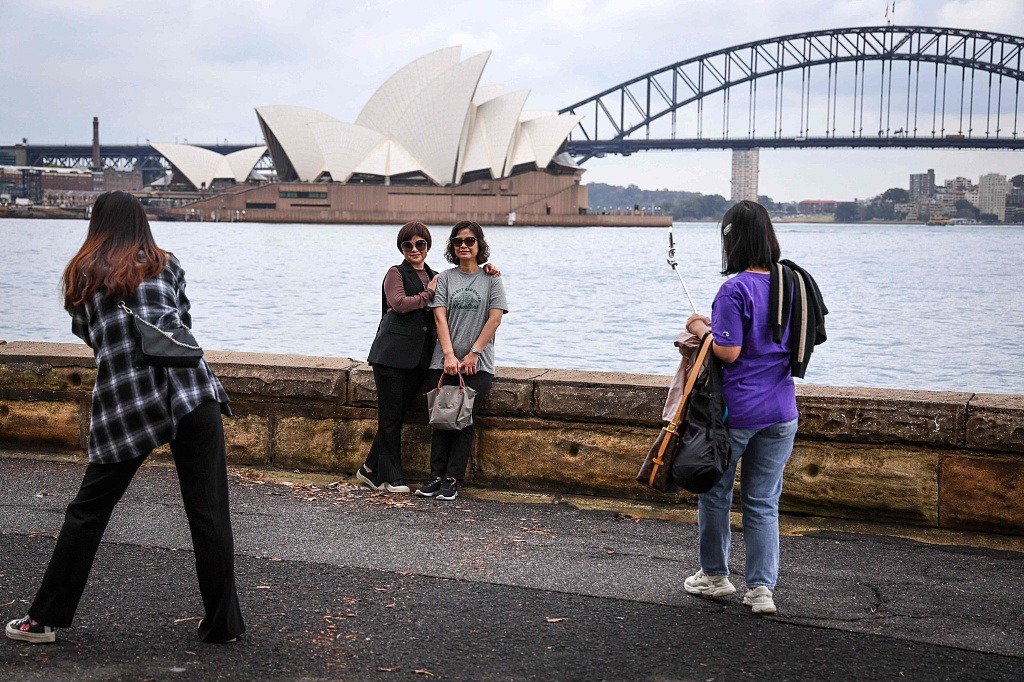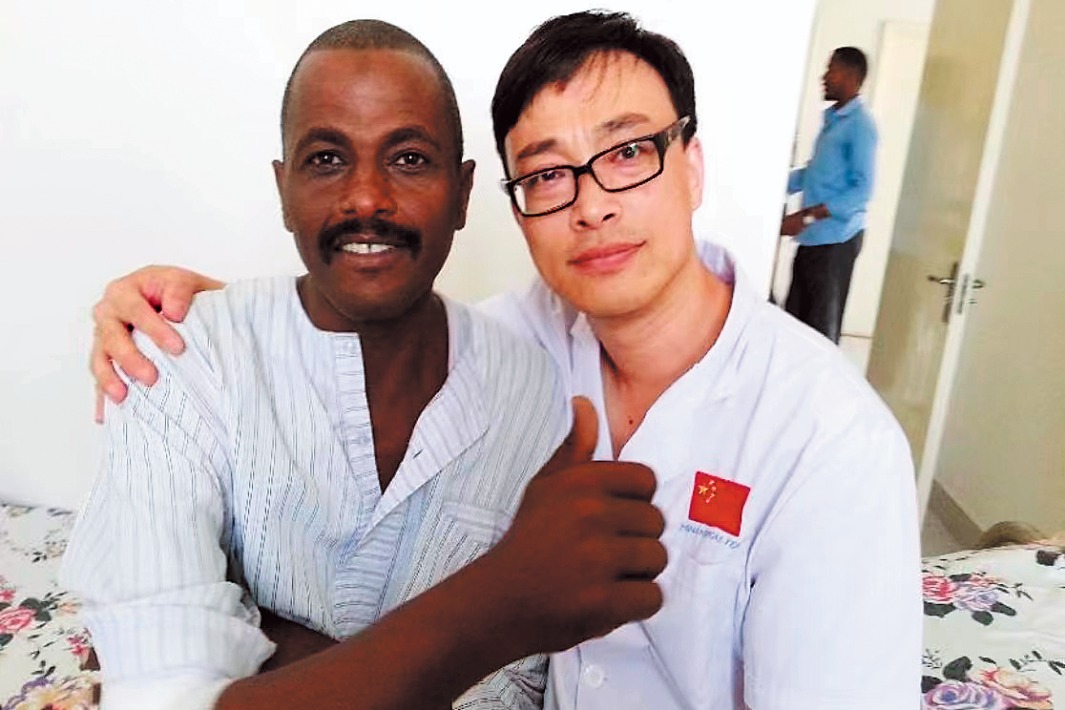AI sets new musical boundaries
By Chen Nan | China Daily | Updated: 2023-07-11 11:10

New experiences
Throughout the performance, the constant mix of tradition and innovation pushed the boundaries of musical possibilities, with the audience switching its attention between human involvement and the use of AI technology.
Li said: "We are showing people the evolving role of this technology in artistic expression. As AI continues to advance, it has become an indispensable tool for musicians, allowing them to create new sounds, understand audiences' emotional reactions, and ultimately break new ground in terms of musical experiences."
Born and raised in Nanchang, Jiangxi province, Li studied piano and flute as a child. When he was a teenager, he developed an interest in electronic music, including sequencing, synthesis and sampling.
With the rapid development of computer technology, and with AI technology making its mark in music, Li went to Hong Kong in the early 2000s to learn the latest electronic music and interactive music technology. At that time, he also taught at the Xinghai Conservatory of Music in Guangzhou, capital of Guangdong province.
Later, he studied with Chinese composer Wu Zuqiang (1927-2022) and obtained a doctorate in composition from the Central Conservatory of Music in 2011.
The recent concert also featured three works by composer Luan Jia, who holds a doctorate in electronic music composition from the Central Conservatory of Music. One of his works, Er No. 2 - Si Mgang, combined AI and traditional instruments played by members of the Va ethnic group from Yunnan province.
In the Va group's language, si mgang translates as "caves" - a reference to humans living in caves in ancient times.
Xu Shenyang, a student at the Conservatory, played three instruments used by the Va ethnic group: the de (a type of horn), the ling (bell) and the kou xian (Jew's Harp).Based on motion sensing control, which reshapes the sound of a live performance in real time, the ancient instruments could be heard in an immersive 3D format.
Luan, who has composed for dance dramas, operas and musicals, said: "I was curious about the de, which is made from wood or cow's horn in Yunnan. I once listened to an album featuring this instrument, which produces a sound very similar to that which we use in electronic music composition. It's very interesting exploring sounds from the past and from the future."
Breakthroughs in AI technology have triggered anxiety among professional musicians, producers, engineers and others in the music industry, who fear their livelihoods could be threatened.
Luan said that with the help of AI technology, it is no longer necessary to have musical knowledge or training, as anyone can potentially create a hit song with the assistance of computers that evolve with each artificially produced guitar lick or drumbeat.
"However, in pursuing the best technology, we tend not to think about the impact AI can have on real musicians who create real art. The human element will never be replaced," Luan added.
























